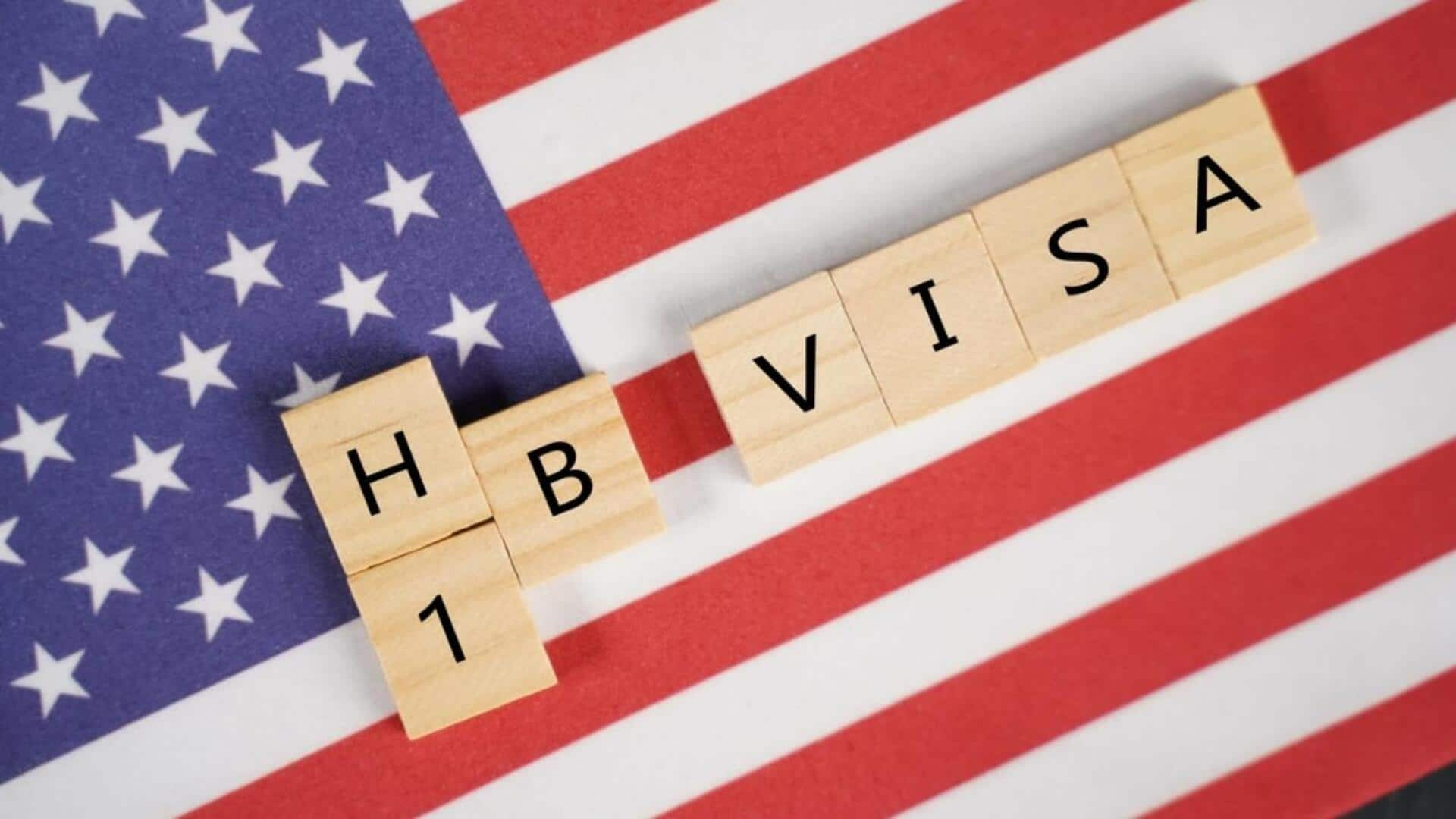
US proposes H-1B wage hike: How this will affect Indians
What's the story
The US is considering a proposal to raise wages for H-1B visa holders, which may result in employers hiring more local workers. According to a study by National Foundation for American Policy, such wage hikes may in fact prevent Americans from hiring foreign-born employees, including Indians. This issue could be discussed in a Congressional immigration legislation this year.
Impact
Wage hike could affect foreign talent recruitment
If implemented, the changes would force US employers to pay much more than market rate for H-1B professionals. This includes a standard defined as the "median local wage." These changes could restrict employers' ability to bring in the best highly-skilled foreign nationals, and might dissuade many international students from applying. The proposal aims to ensure American employers hire local workers, which could impact the hiring of foreign workers in the US job market.
Legislative efforts
Amendment to Laken Riley Act targets foreign-born graduates
In January 2025, Senator Bernie Sanders proposed an amendment to the Laken Riley Act, which would effectively force recent foreign-born graduates with little work experience out of the US labor market. If passed, this amendment would make employers pay over $80,000 annually (a 72% hike) for a recently graduated software developer. Presently, the standard salary requirement for an H-1B visa is $60,000 per year irrespective of occupation or job level.
Potential consequences
Higher salaries for foreign-born professionals may backfire
The US Senate is yet to vote on the proposed amendment to raise salaries for foreign-born professionals. Critics say it would only encourage companies to push work overseas, instead of creating more jobs for Americans. The proposal comes amid a wider debate on immigration reforms and their effects on the US job market and economy.